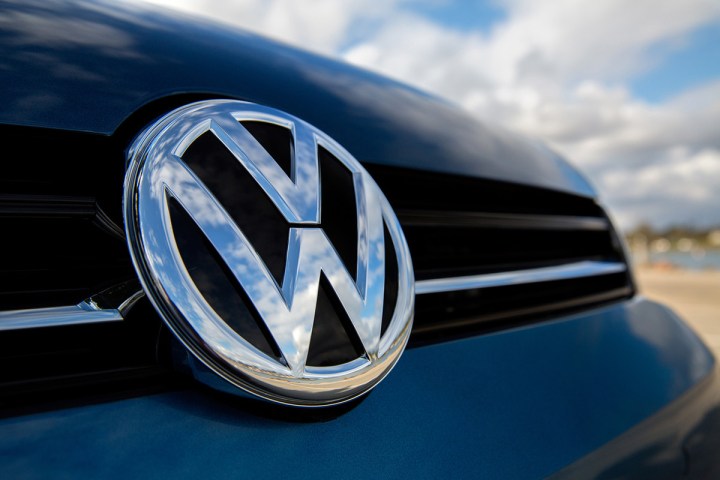
Anything the Wolfsburg company can do to clean up its environmental image, which was severely tarnished as a result of the Dieselgate scandal, has to be a good thing. According to the announcement, the company decided to adopt gasoline particulate filters (GPFs) for all Volkswagen group TSI and TSFI engines.
The first vehicles to be equipped with GPFs will start rolling out of production lines in June 2017 with the Volkswagen Tiguan’s 1.4 liter TSI engine and the Audi A5’s 2.0 TFSI motor. After that beginning, the company intends to implement the filters with additional models and subsequent engine generations. By 2022 as many as seven million VW Group vehicles could have GPFs annually, the company said.
Claiming that direct injection gasoline engines with GPFs could reduce particulate emissions (soot) by as much as 90 percent, VW’s head of group research and development, Dr. Ulrich Eichhorn said, “Following increases in efficiency and lower CO2 output, we are now bringing about a sustained reduction in the emission levels of our modern petrol engines by fitting particulate filters as standard.”
The company is committed to improving diesel emissions as well, where particulate filters are already installed. “In the future, all models will be equipped with the latest and most efficient SCR catalytic converter technology, ” Eichhorn said.
Volkswagen now engages independent testing organizations to verify emissions levels from its gasoline and diesel engines. Testing used to be done in-house, but in an effort to regain trust, VW took the testing outside. According to the release, the company’s diesel and gasoline engines now rate among the cleanest in the world.



